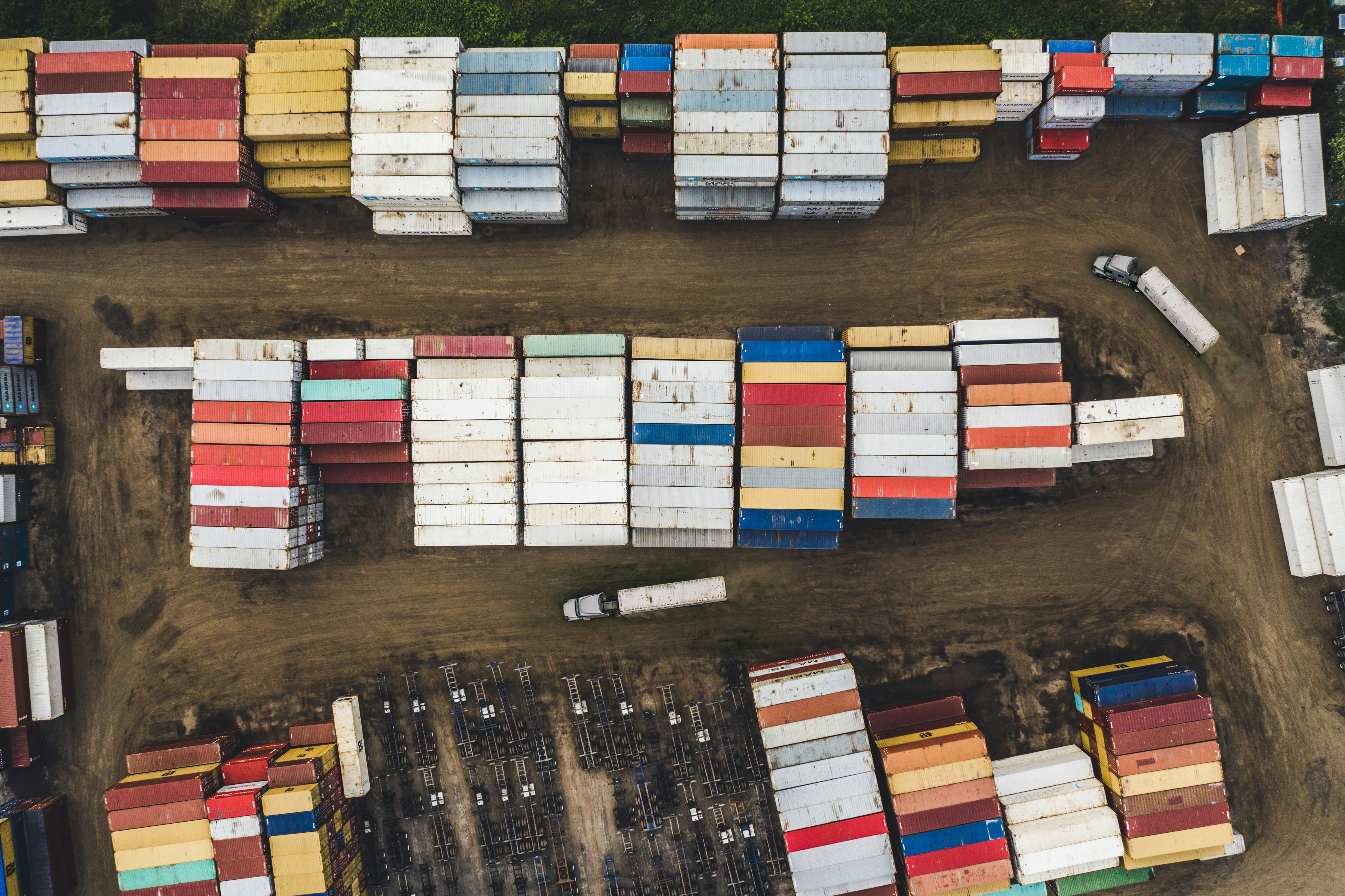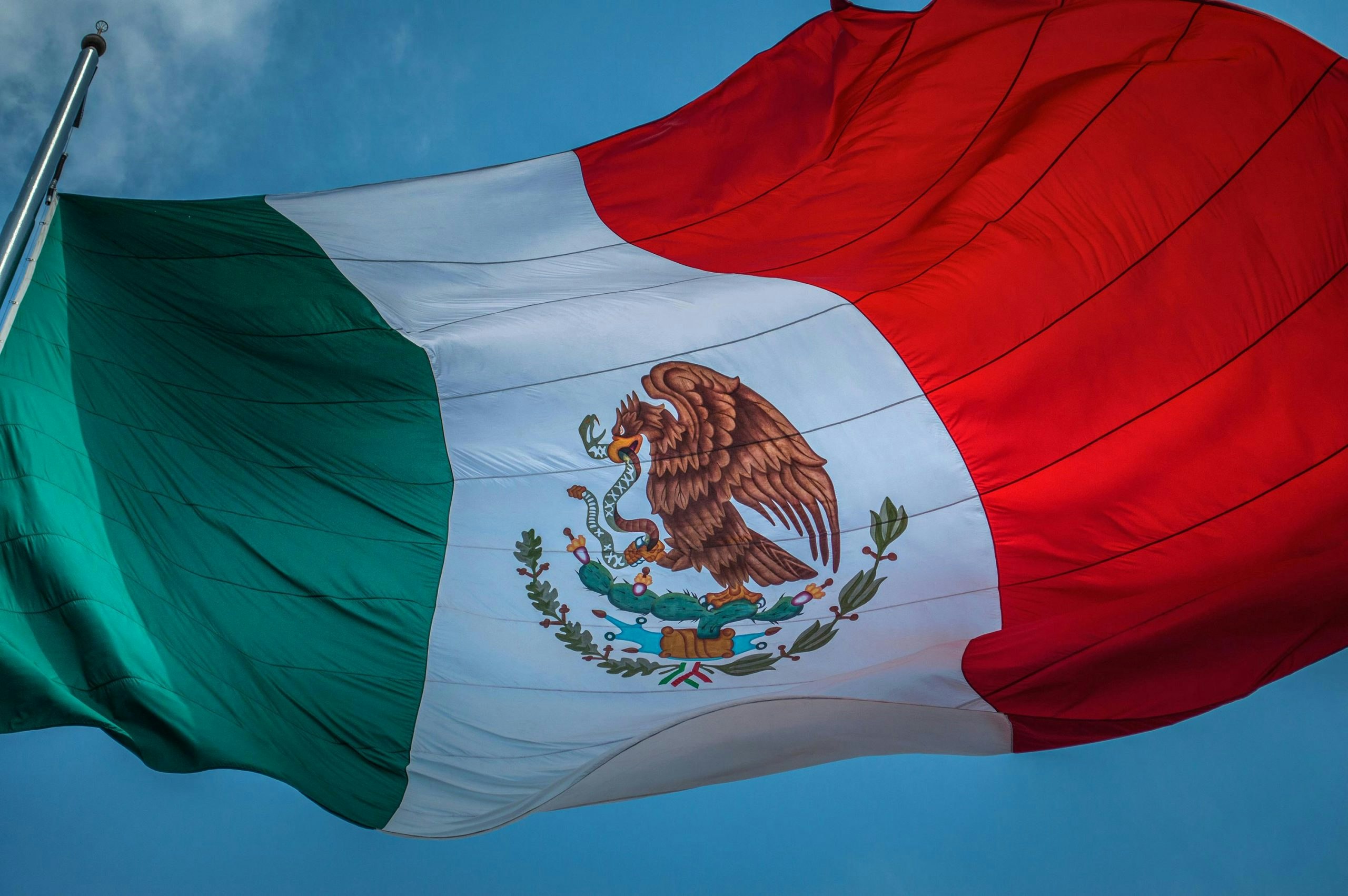
Introduction to tariffs
With potential tariffs looming under President-elect Donald Trump’s administration, which may impose tariffs on various imports, brands across industries are rethinking their supply chains to mitigate rising costs and operational risks. Whether it’s shifting production out of China, placing orders early, or adopting flexible inventory strategies, companies are racing to adapt to the uncertainties of global trade.
Here’s how brands like Steve Madden, e.l.f. Beauty, Yeti, and others are responding—and three strategies your business can implement today to stay resilient, with Pietra’s help at every step.
Understanding tariffs and trade practices
Tariffs are essentially taxes imposed on imported goods, designed to protect domestic industries and generate federal revenue. While they can help create jobs and reduce the federal deficit, mainstream economists often view them as an inefficient economic tool.
Under the Trump administration, significant tariffs were imposed on steel and aluminum imports, affecting over $380 billion in trade and increasing taxes by nearly $80 billion. The Biden administration has largely maintained these tariffs, though it has suspended some on European Union imports and replaced others with tariff-rate quotas (TRQs) for steel and aluminum from the EU and UK.
Tariffs are often used to counter unfair trade practices, such as intellectual property theft and state-funded acquisitions of U.S. assets. However, studies have shown that these tariffs have not reduced the prices of Chinese imports as intended. Instead, U.S. firms continue to pay pre-tariff prices plus an additional 10-50%, depending on the tariff rate.
While tariffs have decreased some purchasing from China, they have not significantly shifted production back to the U.S. Instead, they have led to retaliatory tariffs from foreign governments, including the European Union, which has imposed tariffs on U.S. goods in response.
The trade war has resulted in over $233 billion in higher taxes collected from U.S. consumers, averaging an additional $200 to $300 per household annually. This has also led to a decline in imports of affected goods, particularly from China.
The economic impact of these tariffs is debated. Some studies suggest they could reduce long-term GDP by 0.2%, the capital stock by 0.1%, and full-time employment by 142,000 jobs. Retaliatory tariffs are expected to further reduce GDP and employment, though to a lesser extent.
In conclusion, tariffs are a double-edged sword. While they can protect domestic industries and counter unfair trade practices, they also lead to higher prices, retaliatory tariffs, and potential economic slowdowns. Understanding these complexities is crucial for businesses navigating the current trade landscape.
Get ahead of tariffs: place orders now
The possibility of steep tariffs on imports has led many companies to expedite their orders to avoid potential cost increases. For example, Max Lemper-Tabatsky, co-founder of Oaktree Memorials, is placing larger orders ahead of the Chinese New Year, an annual production bottleneck. Similarly, Deer Stags’ Rick Muskat has directed factories in China to produce an additional 30,000 pairs of shoes to stockpile inventory before tariffs take effect.
These proactive moves help businesses sidestep potential supply chain delays and cost hikes, ensuring they can meet demand without disruption.
How Pietra can help: Our platform connects you with vetted suppliers to streamline the ordering process. By working with trusted factories in our global network, you can place orders efficiently and lock in inventory before the market adjusts. Acting early not only minimizes risk but positions your business to operate smoothly during uncertain times.
Diversify your supply chain to adapt to trade policy
Brands like Steve Madden, Yeti, and Traeger are reducing their reliance on Chinese manufacturing to mitigate tariff risks. By expanding their manufacturing footprint to foreign countries, these brands aim to reduce their exposure to tariff-related disruptions. Steve Madden is aggressively cutting its China-based production in half, pivoting to countries like Cambodia, Vietnam, and Mexico. Similarly, Yeti has expanded its manufacturing footprint to include facilities in the Philippines, Poland, and Malaysia, with plans for half of its drinkware production to be outside China by 2025.
Diversifying supply chains protects businesses from over-reliance on one region, offering flexibility and resilience in the face of fluctuating trade policies.
How Pietra can help: Pietra’s global supplier network spans multiple regions, allowing you to easily source products from trusted factories worldwide. Whether you’re exploring production in Southeast Asia, Europe, or South America, our platform simplifies the process of finding reliable partners to diversify your supply chain. With Pietra, you can adapt quickly to shifting policies and maintain control over costs and quality.
Stay nimble with inventory amid trade uncertainty
In times of uncertainty, a flexible inventory strategy is essential. Many brands are balancing low minimum order quantities (MOQs) and competitive pricing to maintain agility. This approach helps brands manage the impact of their own tariffs and those imposed by other countries. For instance, Traeger is exploring manufacturing options in Vietnam and using pricing strategies to absorb tariff costs when needed. Meanwhile, e.l.f. Beauty has reduced its reliance on China to 80% of production, with plans to increase international sales to offset potential U.S. losses.
Flexibility ensures brands can adjust to cost fluctuations without overcommitting to large orders.
How Pietra can help: With Pietra’s sourcing platform, you can filter suppliers by MOQ, price, and delivery speed to find the right fit for your brand. Plus, our integrated fulfillment center allows you to monitor inventory levels in real-time and reorder with just a few clicks. By staying nimble, you can respond quickly to market changes, keep cash flow steady, and reduce the impact of tariffs on your bottom line.
Final thoughts on the trade war
As brands like Steve Madden, Yeti, and e.l.f. Beauty demonstrate, there’s no one-size-fits-all solution to navigating tariffs. The key is to adopt a proactive approach by securing inventory early, diversifying supply chains, and staying flexible with inventory strategies. Additionally, understanding and leveraging trade agreements can provide significant advantages in navigating tariff challenges.
With Pietra’s tools and global network, you can implement these strategies seamlessly to protect your business from rising costs and supply chain disruptions. Let’s work together to ensure your brand not only survives but thrives in the face of uncertainty.
Ready to get started? Explore Pietra’s platform today.


